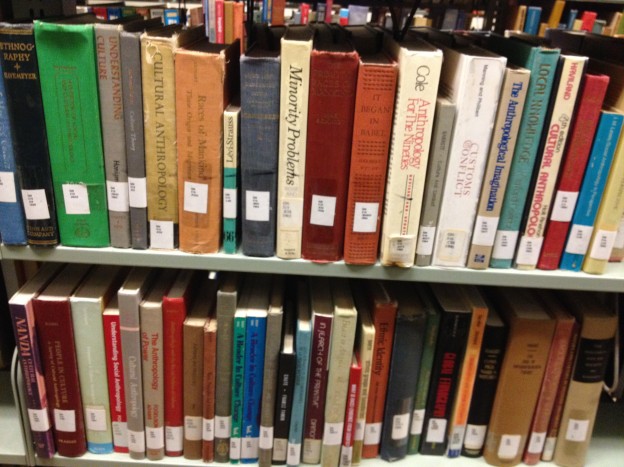Yea, as a fellow with the City of LA Department of Cultural Affairs, I have a mission to innovate and technologize the department. I’m spearheading the department’s web redesign project — thinking about how to better articulate our work, outreach to constituents, and digitize some of our services. I’m still wearing my ethnographer’s hat, thinking about how to cull through the vast amount of data related to arts and culture here at the city, and leveraging social media and other mobile/digital data to better understand the impact of our work. I’m also working with the City’s Information Technology Agency to join efforts in their Open Data initiative with the goal to augment civic participation through innovation projects like civic hacking.
Ethnography means fieldwork or field research – a set of research practices applied for the purpose of acquiring data; but the term also refers to the descriptive representation of one’s fieldwork. In my series on digital ethnography so far, I have discussed how digital and computational methods could enhance how we as ethnographers acquire, process, explore, and re-scale field data. In this last post, I will shift my focus away from field research to discuss the process of “writing up” field findings. I ask: How might the digital transform the way we communicate ethnographic information and knowledge?

